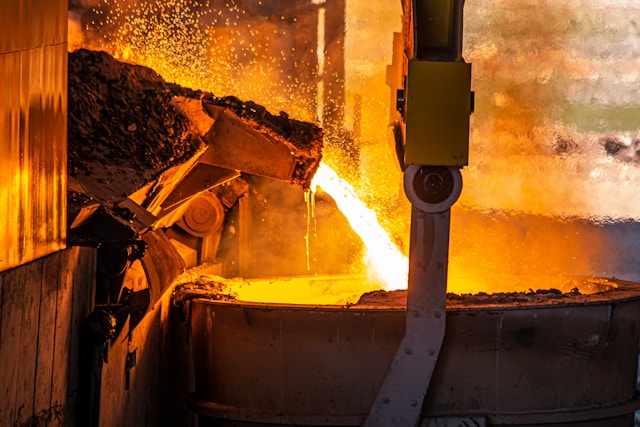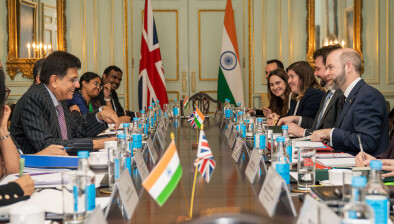UK secures limited US trade deal, easing some tariffs

The UK government has secured a trade agreement with the United States, providing some relief from punitive tariffs recently imposed by President Donald Trump.
The pact, announced by President Trump and UK Prime Minister Sir Keir Starmer, will see cuts to tariffs on UK car and steel exports. However, a general 10% US levy on most UK goods remains in place, meaning the UK still faces a more challenging trade environment with America than before Mr Trump’s global tariff introductions.
Under the agreement, UK steel and aluminium exports to the US will be zero-rated. The first 100,000 British cars sold annually in the US will be subject to a reduced 10% tariff, a reprieve from a previously threatened extra 25% on cars and metals. Sir Keir Starmer described it as an “historic deal” that protects British jobs, particularly in car manufacturing and steel, but cautioned, “this is jobs saved, not job done”.
In exchange, the UK will offer US farmers improved market access through a lower-tariff quota system, notably for some beef imports (without altering UK food standards), and will remove tariffs on a portion of US ethanol imports. This move has drawn criticism from the UK’s National Farmers’ Union, which expressed concern that agriculture was shouldering the burden for tariff removals in other sectors.
The two countries also agreed to work on a digital trade pact and discuss US concerns over the UK’s digital services tax, which currently remains. Negotiations on tariffs for pharmaceutical goods are set to continue.
The deal received mixed reactions. While President Trump hailed it as “full and comprehensive”, and US stocks saw a brief rise, Conservative Party figures in the UK were critical. The Shadow Secretary of State for Business and Trade, Andrew Griffith, dubbed it “a Diet Coke deal, not the real thing”, and leader Kemi Badenoch stated, “We’ve just been shafted”.
Thomas Moore, senior investment director at Aberdeen, said: “The full details of the US/UK trade deal will emerge gradually over the coming weeks, with specific UK sectors such as automotive and aerospace the clear early beneficiaries.
“Looking more broadly at the implications of the deal, investors should be reassured that the US is signalling its willingness to hammer out more trade deals.
“Any thawing in US/China relations would be warmly received by markets. As more deals are signed, this sets up a positive outlook for equity markets as the wall of worry is climbed.”
The US indicated this agreement could serve as a template for deals with other nations, though Mr Trump suggested the 10% tariff level would likely be the minimum. Trade experts have raised questions about the deal’s compliance with World Trade Organisation (WTO) rules, specifically the “most favoured nation” principle, which requires tariffs to be applied equally unless part of a comprehensive free trade agreement covering “substantially all trade”. Some legal opinion suggests WTO rules allow for deals to be phased in over time.







